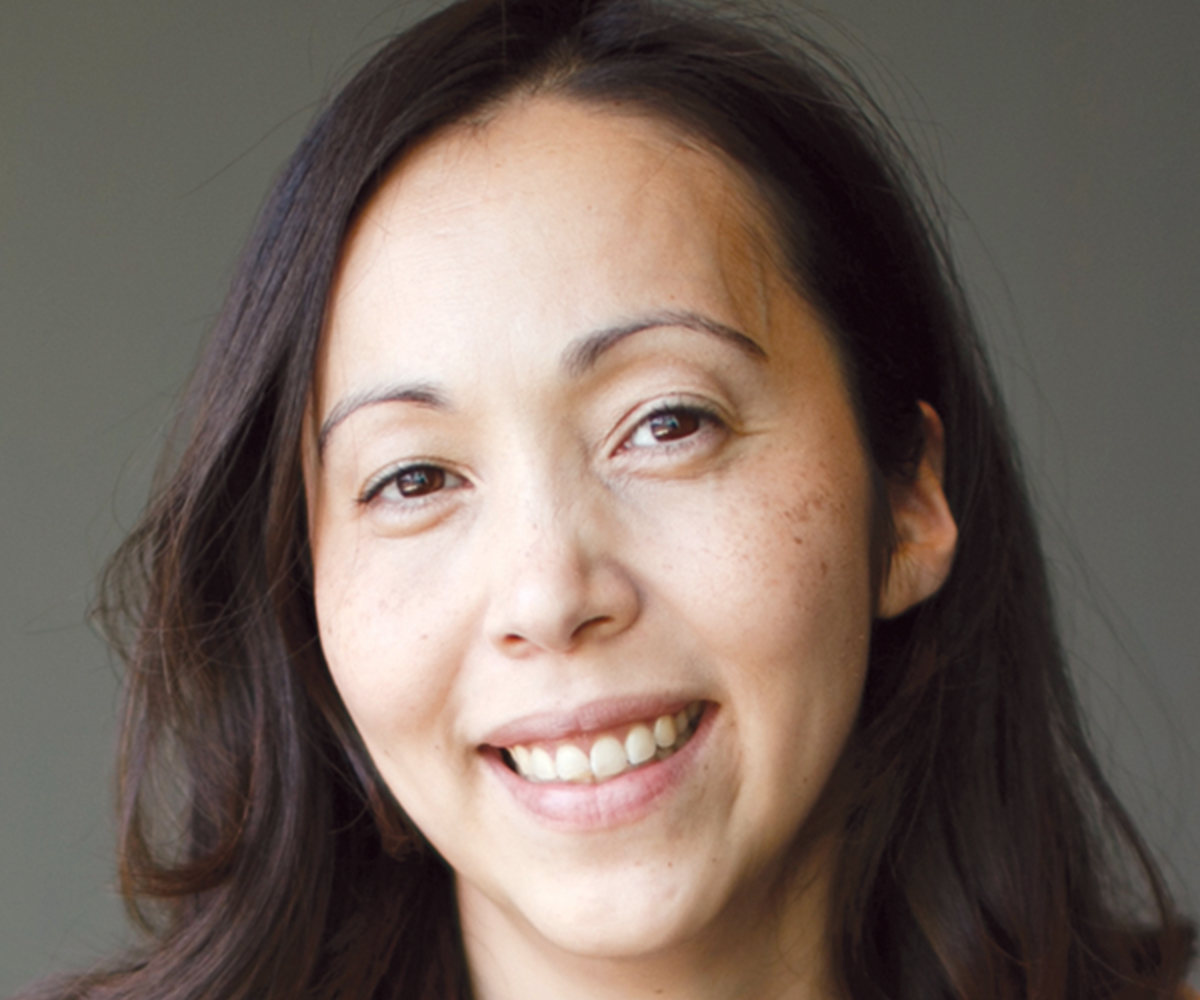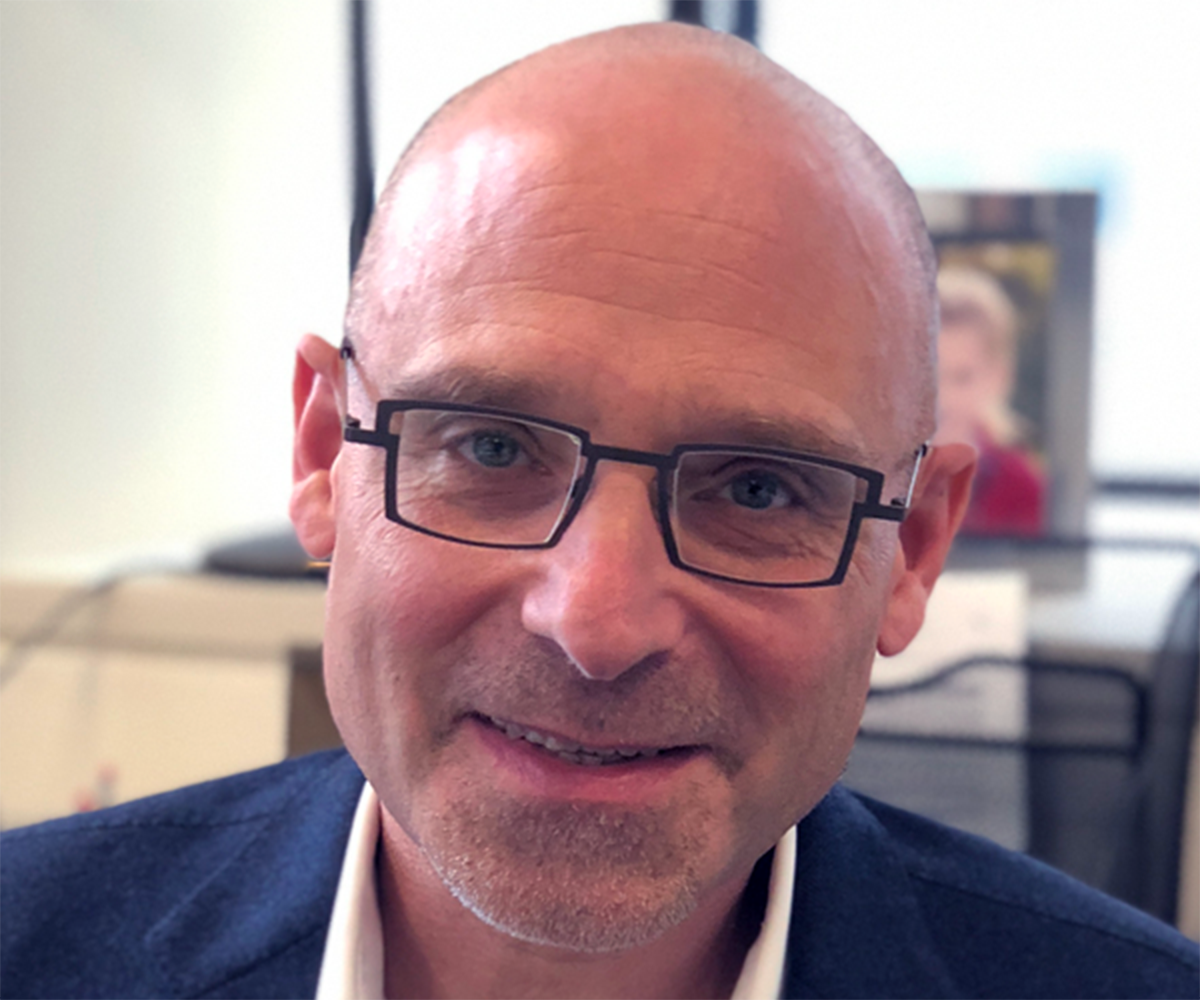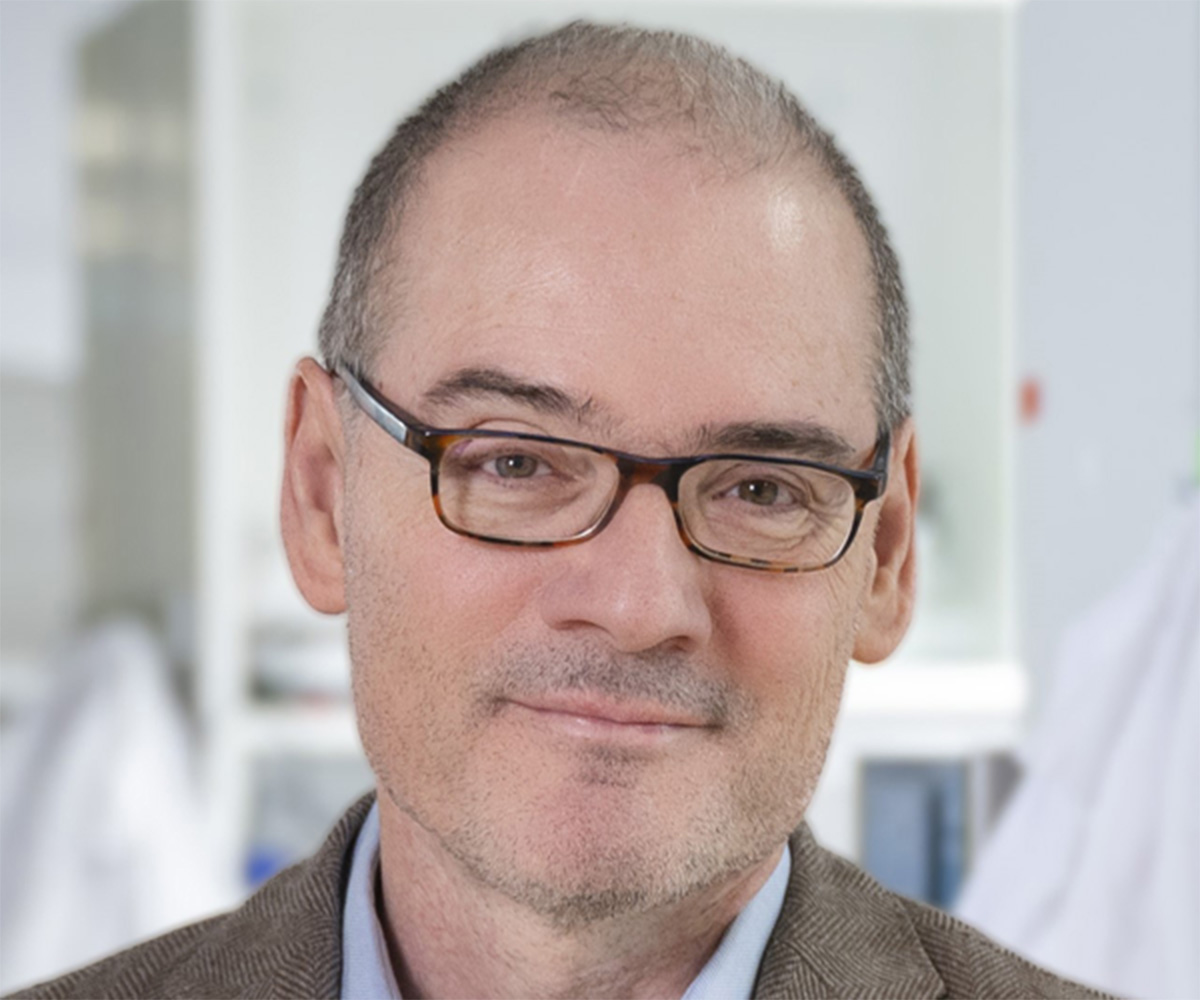



Ludwig Harvard’s Marcia Haigis and David Pellman, Ludwig Lausanne Director George Coukos and Ludwig MIT’s Matthew Vander Heiden were elected in October to the U.S. National Academy of Medicine (NAM). They join a class of 90 regular and ten international members inducted into the Academy this year. Election to the NAM, one of the highest honors bestowed on professionals for their contributions to biomedical disciplines, recognizes “outstanding professional achievement and commitment to service.” In naming George to its membership, the NAM cited his landmark discovery of “the correlation between T-cell infiltration and favorable prognosis in ovarian cancer, an observation later generalized to all human tumors.” The Academy also noted George’s subsequent work revealing how the blood vessels that feed tumors serve as an active barrier to anti-tumor T cells, and his demonstration that therapies that normalize the tumor vasculature can drive T cell infiltration and fuel the immune rejection of malignancies. This work has spawned therapeutic strategies combining anti-angiogenic drugs with immunotherapies. Marcia and Matthew were both cited by the NAM for their pioneering studies of cellular metabolism. Marcia was especially noted for “elucidating how metabolites contribute to normal physiology, aging, cancer, and anti-tumor immune control.” Her discoveries, the Academy observed, have “informed how diet and age alter metabolite interactions, leading to disease.” Matthew was recognized for his studies exploring “how [cell metabolism] influences cancer initiation, progression, and therapy responses.” The NAM added that his “work has contributed to the development of approved therapies for cancer and anemia,” and that he is a “thought leader in understanding metabolic phenotypes and their relations to disease pathogenesis.” David, meanwhile, was honored “for identifying the mechanistic basis for mutational processes that generate a large fraction of the structural and numerical chromosome abnormalities in cancer and certain congenital diseases.” The NAM additionally mentioned “his discovery of a mechanism explaining chromothripsis,” or the shattering and aberrant reassembly of chromosomes, which it said “is considered a landmark in cancer genetics.” We extend our congratulations to all four of our colleagues for this well-deserved recognition of their contributions to cancer research and human biology.
Back to December 2024 Ludwig Link